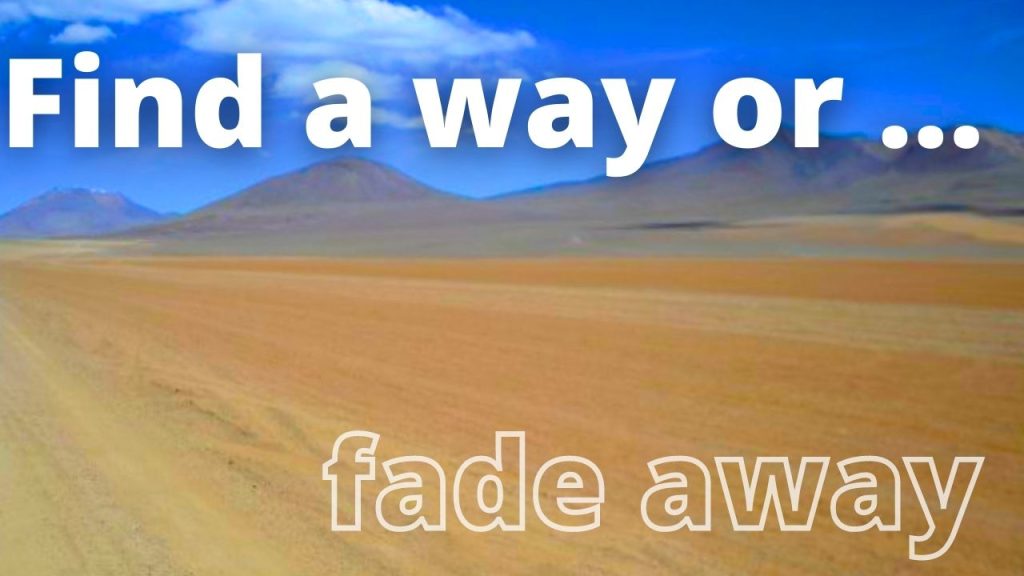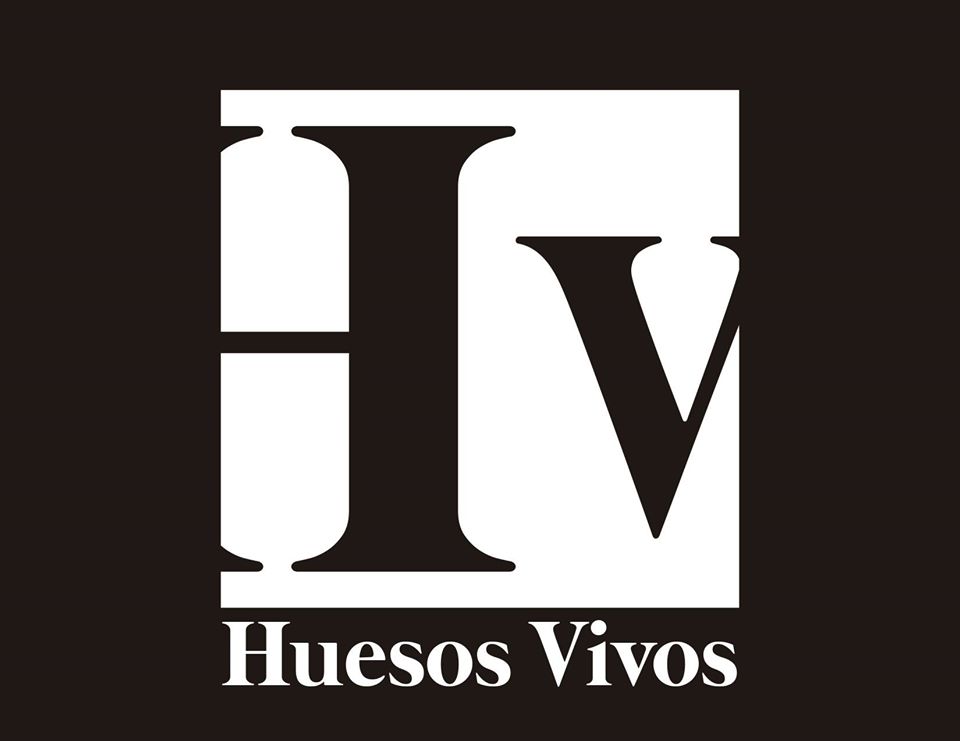
[For an audio version of this blog story click here.]
‘Why try to be somebody you’re not?’
That epigraph has been brought to you by the soft drink, Sprite. OK, the brand wasn’t the first to use it, but I do recall its TV advert — commercial if you prefer — from the early noughties where it was the central theme (watch it at https://www.youtube.com/watch?v=JjEHEKhwnEo). And by attributing it to Sprite here maybe they’ll reward me for the mention (financially that is — I’m not a fan of such saccharine soft drinks).
‘Who am I?’
Marketing matters aside, it’s sound advice. Trying to be somebody you’re not, not being true to yourself, is unlikely to lead to any lasting, meaningful contentment or fulfilment.
The key lies in finding out who you are meant to be. Or at least in finding a version of yourself that accentuates as many of your positive attributes as possible. Like most things, this is easier pointed out than carried out.
Some of us may have more of an idea of who we’re not, nay what we don’t want in life, more so than what we want or who we ought to be.
What’s more, in an imperfect, ever-changing world, we have to be willing to mould ourselves to suit. This isn’t to say we should abandon our values or stop defending what we believe to be true, it’s just we may need to adopt a different approach to our modus operandi to achieve desired outcomes.
However, this has to be done, to come back to the motif here, in congruence with ourselves.
From a job perspective, I’ve expressed before how I’m not the best at working for people. I prefer to work with people, i.e. having the same level of input as possible and practical in whatever we’re undertaking. Partners, basically.
It’s why I found the marketing agency model particularly toxic — doing somebody else’s tedious dirty work, often having to be economical with the truth in the process and getting very little credit for it.
Work’s out?
Indeed, on the whole, the wage-slave system is anathema to me. There are, though, some gigs, at least on paper, for which I’d give up the relative independence that I currently enjoy. (Ireland’s national broadcaster, RTÉ, is showing fierce pigheadedness in not approaching me about that vacant The Late Late Show host position.)
My many concerns about today’s Digital Revolution notwithstanding, one hope is that it will provide more opportunities for people to throw off the wage-slave shackles, addressing a societal ill that became particularly acute in the Industrial Revolution.
A world freed from «wage slavery» was one aspiration expressed by the 2006 Nobel Peace Prize winner, Muhammad Yunus, at a forum in Bogotá in November 2022.
‘It could be that your true calling, the skill that you do better than most, simply isn’t deemed worthy enough of recompense.’
While I haven’t had the opportunity to read Yunus’ book, A World of Three Zeros: The New Economics of Zero Poverty, Zero Unemployment, and Zero Net Carbon Emissions, going by his Bogotá talk, one element to zero unemployment is creating the conditions for self-employment. It certainly sounds appealing; making it an effective reality is another matter.
One passage from Yunus’ tome, which I found in an online review, only serves to highlight, so I believe, the difficulties of ditching the current system:
‘When you become an adult, you offer yourself to the scrutiny of the job market. A job is your destiny. If you miss it, you show up in the bread line. Nobody tells young people that they are nature-built to become entrepreneurs rather than waiting in line to get hired.’
The way I see it, nature tells us we must always have subordinates, in one form or another. However, unlike an ant colony or a beehive, humanity can aspire to allow such types to advance, should they want to. Serve your time, learn and move on. Some will say this is already the case. I say it’s mostly so in theory rather than in practice.
Now, if you do escape from or manage to shun altogether the wage-slave system, there’s the difficulty of getting adequately remunerated for whatever your contribution to society happens to be. (If only IQuiz and my musings published here actually paid me well, eh?! As the days pass, a subsistence existence at one with nature gets more appealing!)
It could be that your true calling, the skill that you do better than most, simply isn’t deemed worthy enough of recompense. Or you might have a decent idea, it’s just the wrong time. Thus, to survive economically, alternatives are required.
You may actually have to try to be somebody you’re really not. (I am, of course, referring to those of us who haven’t a wealthy family to fall back on and/or haven’t been the recipients of a generous inheritance.)
‘Many of us may simply become surplus to requirements from an employment perspective.’
The retort from those of a certain vintage would most likely be along the lines of, ‘Well, welcome to the real world, kiddo!’ Or, ‘Shock! Horror! Man dislikes his job.’ Indeed.
I think it’s safe to assume that most people earn a living from work that isn’t quite their preference, spending a large proportion of their time doing it, to boot.
There is also the thinking that we shouldn’t define ourselves by our work, by our careers. I understand that perspective. Nonetheless, we are judged by others in terms of our words, our actions and how we contribute — or not — to society. In a capitalist world, our work plays a large part in that. ‘What do you do?’ is, after all, one of the most common ice-breaker questions.
Be that as it may, no one can say with any certainty what the state of humanity will be in a generation or so. The Digital Revolution and artificial intelligence certainly look set to bring about significant changes in how — and how often — we work.
Many of us may simply become surplus to requirements from an employment perspective. It could be a case of being paid to exist (whilst trying to be a net positive for society and the planet in the process): a universal basic income.
Should, though, the more damaging predictions of the effects of climate change come to pass — perhaps coupled with some other major disasters — then many may be forced into that subsistence existence at one with nature I mentioned above. It just most likely won’t be as idyllic as it might sound.
In such a scenario, worrying about «being somebody you’re not» becomes largely irrelevant.
When our survival instincts kick in, we either find a way or fade away forever.
__________________________________________________________
Listen to The Corrigan Cast podcast here.
Facebook: Wrong Way Corrigan — The Blog & IQuiz «The Bogotá Pub Quiz».






gran blogs
Califica:
-
Me
gusta
0
- No me
gusta
0
Reportaraja
Califica:
-
Me
gusta
0
- No me
gusta
0
Reportar